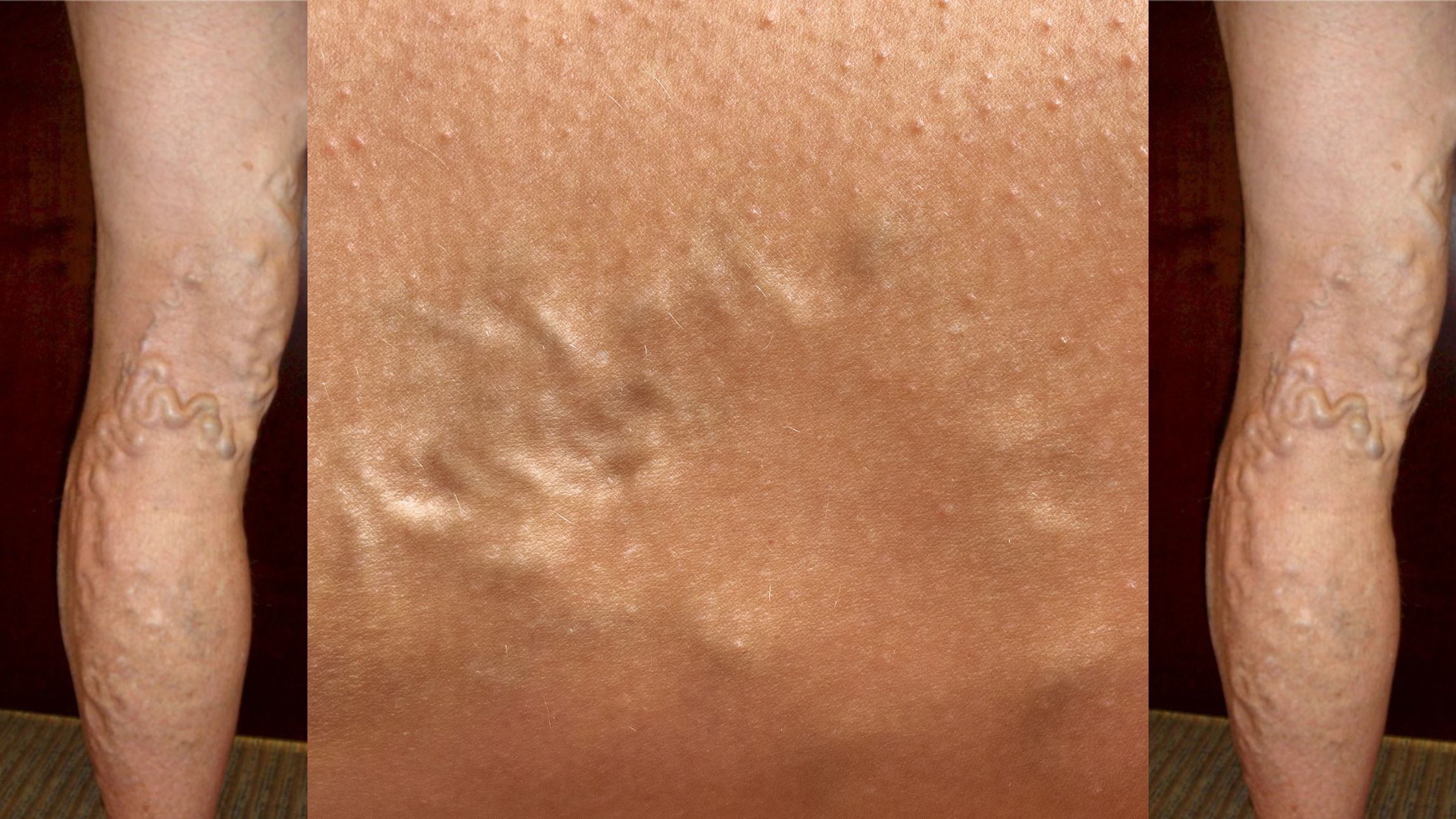A frequent (common) problem is dehydration, which results from the body losing more fluids than it consumes. Although many people link dehydration with signs like dry mouth, weariness and dizziness, few understand that the vascular system, especially the veins—can also be impacted by dehydration. Dehydrated veins can lead to bad circulation, higher chance of blood clots and other medical issues. This post will look at the symptoms of dehydrated veins, their causes, and how to properly prevent and cure them.
Understanding dehydration and veins
Veins play a crucial role in transporting deoxygenated blood back to the heart. Maintaining proper hydration is essential for ensuring that blood maintains an optimal viscosity, facilitating smooth flow. Dehydration leads to an increase in blood viscosity (blood thickness), which impairs the efficient circulation of blood through the veins. This may result in various observable symptoms and possible health concerns.
How Dehydration Affects Veins
- Thicker Blood: Dehydration increases blood viscosity by decreasing plasma volume.
- Poor Circulation: Thick blood travels slower, making veins work harder.
- Increased Pressure: Dehydration can lead to changes in blood pressure, stressing the walls of veins.
- Risk of Clots: Impaired blood circulation increases the likelihood of clot creation, particularly in deep veins (DVT).
Signs of Dehydrated Veins
Early identification of dehydrated veins can help to avoid problems including chronic venous insufficiency, deep vein thrombosis (DVT) and varicose veins. Here are the most common symptoms:
Visible Vein Changes
- Bulging or Prominent Veins: Dehydrated veins could seem more obvious, particularly in the hands and legs.
- Dark or Discolored Veins: Dehydration can cause veins to seem darker or bluer than normal.
- Spider Veins: Small, web-like veins may become more prominent as a result of elevated pressure.
Swelling in Extremities (Edema)
Surprisingly, dehydration could lead to fluid retention in the feet and legs. Thickening blood causes circulation to slow, which causes fluid accumulation in tissues (swelling).
Cold Hands and Feet
Poor circulation from dehydration can reduce blood flow to extremities, making them feel unusually cold.
Muscle Cramps and Restless Legs
Cramps, particularly at night, might be caused by thick blood and lower oxygen supply to muscles. It could possibly get worse with restless leg syndrome (RLS).
Dizziness upon Standing (Orthostatic Hypotension)
Dehydration reduces blood volume, resulting in a rapid decrease in blood pressure on standing, which can cause dizziness or lightheadedness.
Fatigue and Weakness
When veins come across difficulties in circulating blood effectively, the body is deprived of adequate oxygen and nutrients, resulting in ongoing fatigue.
Slow Wound Healing
Dehydration negatively affects circulation, which diminishes the transport of essential nutrients to injured regions, resulting in a slower healing process for wounds.
Increased Heart Rate (Tachycardia)
The heart exerts increased effort to circulate denser blood, resulting in a more rapid or irregular heartbeat.
Dry Skin and Poor Skin Elasticity
Dehydrated veins cause bad skin hydration, which causes the skin to seem dry, flaky or less elastic.
Headaches and Brain Fog
Dehydration causes less blood flow to the brain, which can lead to headaches, trouble focusing and mental weariness.
Who Is at Risk of Dehydrated Veins?
Certain individuals are more prone to vein dehydration, including:
- Elderly adults (reduced thirst sensation)
- Athletes and active individuals (excessive sweating)
- People with chronic illnesses (diabetes, kidney disease)
- Those on diuretics or blood pressure medications
- Individuals with poor water intake or high caffeine/alcohol consumption
How to Prevent and Treat Dehydrated Veins
Increase Water Intake
- Drink at least 8-10 glasses of water daily.
- Monitor urine color (pale yellow color of urine indicates proper hydration).
Eat Hydrating Foods
- Eat fruits like watermelon, oranges, cucumbers
- Eat vegetables like celery, lettuce, zucchini
- Broths and herbal teas
Reduce Dehydrating Substances
- Limit caffeine, alcohol and salty foods.
Improve Circulation
- Exercise regularly (walking, swimming, cycling).
- Elevate legs to reduce swelling.
- Wear compression stockings if prone to vein issues.
Monitor Electrolytes
Consume potassium (bananas, spinach), magnesium (nuts, seeds) and sodium (in moderation) to maintain fluid balance.
Seek Medical Attention if Necessary (dehydration and veins)
If symptoms persist (severe swelling, chest pain, or signs of DVT), consult a doctor for further evaluation.
Conclusion
Untreated, dehydrated veins can cause notable pain and major health concerns. Understanding the symptoms—such as obvious vein abnormalities, swelling, cramps and tiredness—can enable you to act proactively to enhance hydration and circulation. You may promote good circulation and general well-being by keeping an active lifestyle, eating hydrating meals and drinking adequate water. Consult a doctor to eliminate underlying diseases such chronic venous insufficiency or deep vein thrombosis if your symptoms continue. A straightforward but strong approach to maintain the optimal operation of your veins and your whole body is to stay hydrated.
